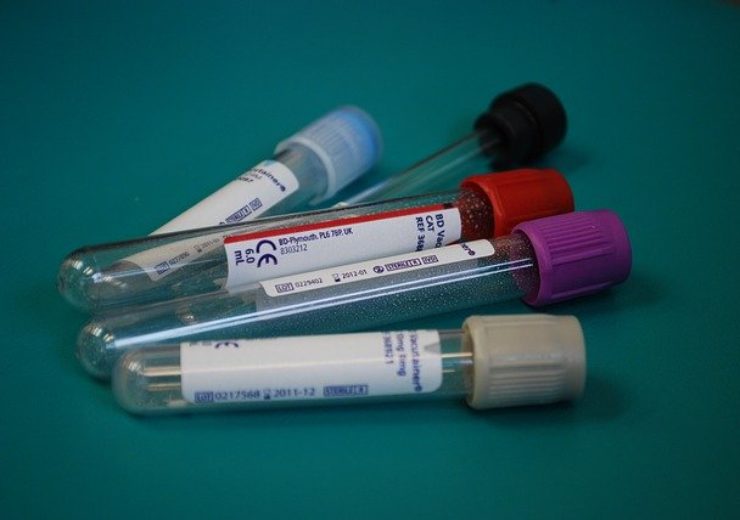AVROBIO is developing a near-patient busulfan assay; upon appropriate regulatory clearance, Saladax expects to make the assay commercially available globally

AVROBIO to collaborate with Saladax Biomedical on new high-speed diagnostic assay. (Credit: kropekk_pl from Pixabay.)
AVROBIO, Inc. (Nasdaq: AVRO), a leading clinical-stage gene therapy company with a mission to free people from a lifetime of genetic disease, today announced a new development and commercialization agreement with Saladax Biomedical, Inc. (Saladax), a leading diagnostics provider focused on developing blood tests for personalized dosing, to develop and validate a fully automated nanoparticle immunoassay kit designed to simplify and streamline therapeutic drug monitoring (TDM) for patients treated with the conditioning agent busulfan.
“At AVROBIO, we push ourselves to be at the forefront of technologies advancing lentiviral gene therapy, and it’s in this spirit that we’re funding the development of this kit,” said Geoff MacKay, AVROBIO’s president and CEO. “Our personalized conditioning approach is already delivering results. We believe this new assay kit will, for the first time, provide convenient busulfan TDM close to the patient, potentially improving both the patient experience and long-term outcomes, as well as enabling many more hospitals and clinics to become TDM-capable sites.”
AVROBIO’s state-of-the-art plato™ gene therapy platform incorporates TDM protocols designed to optimize busulfan dosing over four days, with the goal of maximizing stem cell engraftment while minimizing side effects. TDM evaluates how quickly a patient metabolizes busulfan — a rate that can vary significantly from patient to patient and even from one day to the next for the same patient. Current assays that inform that dose adjustment can take hours to return results and must be processed at specialized laboratories with trained staff that may not be geographically convenient to the gene therapy dosing site.
The technology used to deliver these rapid test results is based on an extensive intellectual property portfolio developed by Saladax in the field of TDM. The new assay kit under development by Saladax, which collects a small blood sample, is able to return results on patient metabolization of busulfan in minutes using hospitals’ standard analytical devices, greatly expanding access to personalized conditioning with busulfan.
Personalized Gene Therapy to Optimize Durable Protein Expression including in Brain, Muscle and Bone
AVROBIO’s investigational gene therapies start with collecting the patient’s own hematopoietic stem cells. In the company’s manufacturing process, a lentiviral vector is used to integrate a therapeutic gene — designed to produce functional protein essential to cellular health — into the patient’s chromosomes. Prior to dosing, treating clinicians use busulfan, an extensively validated conditioning agent generally considered to be the gold standard for ex vivo lentiviral gene therapy, to create space in the patient’s bone marrow. Finally, the patient receives the gene therapy and the therapeutic stem cells are expected to engraft in the bone marrow and produce generations of daughter cells, each containing the therapeutic gene. This approach is designed to drive durable production of the functional protein throughout the patient’s body, including hard-to-reach tissues such as the brain, muscle and bone. A distinguishing feature of this type of gene therapy with busulfan conditioning is that some of the corrected cells are expected to cross the blood-brain barrier and thereby potentially address central nervous system manifestations.
Earlier this year, AVROBIO reported initial clinical results for the first patient conditioned with busulfan using TDM prior to dosing in AVROBIO’s Phase 2 clinical trial of its investigational gene therapy, AVR-RD-01, for Fabry disease. The early data from this patient showed increased endogenous enzyme activity at one month following dosing, as compared to other patients in the trial who received a different conditioning agent. Initial data suggest side effects, including nausea, mucositis, fever, rash and hair loss, which were consistent with those expected based on clinical experience of busulfan, developed eight to 10 days after dosing with busulfan and resolved quickly.
Source: Company Press Release
